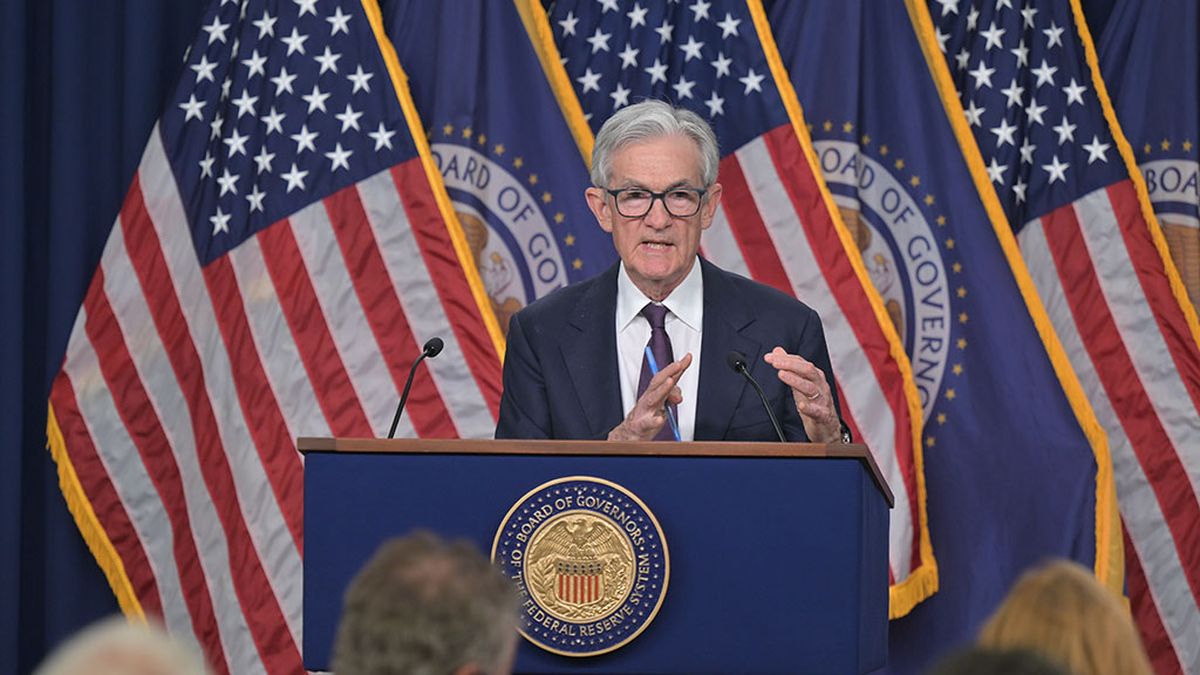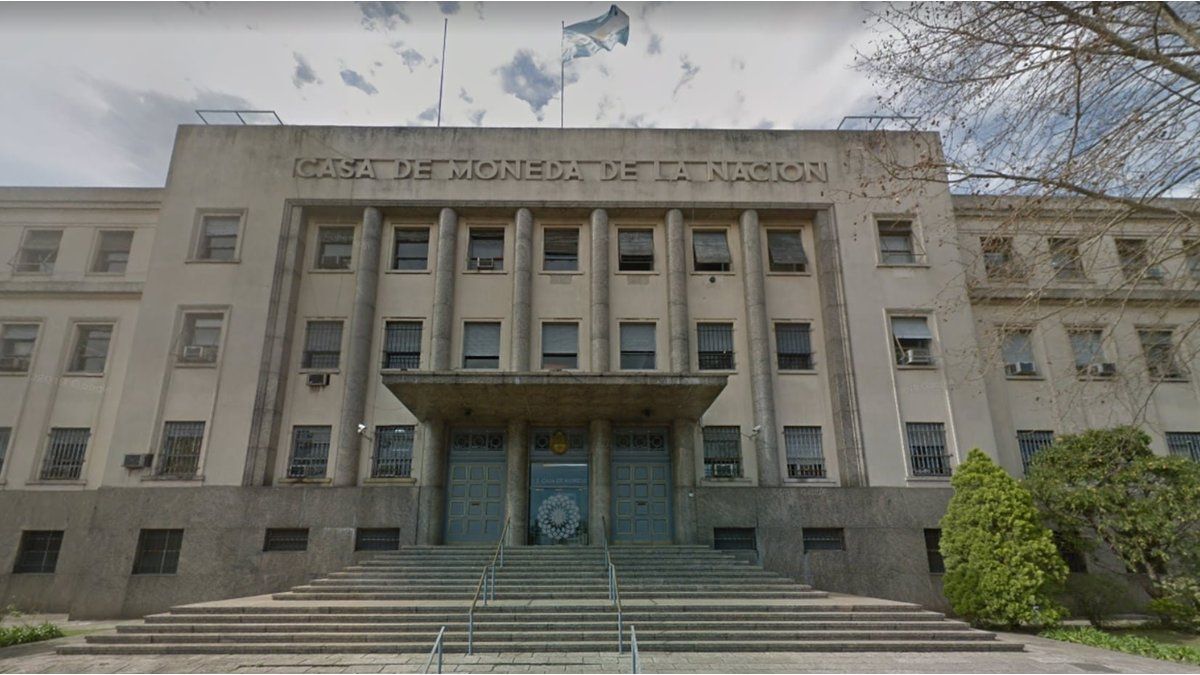Efforts to form a government
Talks about a centrist government in Austria failed
Copy the current link
Chancellor Nehammer wanted to forge a government without the election winner, the FPÖ. He failed with that. The right-wing populists now sense their chance.
A good three months after the FPÖ’s election victory in Austria, talks about a centrist government without the right-wing populists have failed. The conservative ÖVP has ended its talks with the social democratic SPÖ, said Chancellor and ÖVP leader Karl Nehammer. At the same time, he announced that he would resign as government and party leader in the coming days. It was only on Friday that the liberal Neos surprisingly withdrew from negotiations with the ÖVP and SPÖ about a traffic light coalition after weeks of struggle. The two remaining parties then continued talks on Saturday afternoon. However, the negotiations ended again in the evening.
Nehammer insists on his rejection of the Kickl-FPÖ
“It is obvious that the destructive forces in the SPÖ have gained the upper hand,” said Nehammer in a video message. The ÖVP will not agree to any program that is anti-business or anti-performance, he emphasized.
At the same time, Nehammer made it clear that he was still not prepared to hold coalition talks with the right-wing FPÖ under party leader Herbert Kickl. “It is my deep conviction that radicals do not offer a solution to a single problem,” said Nehammer. The Chancellor had rejected the FPÖ under Kickl’s leadership, among other things, because of its pro-Russia stance and the lack of differentiation from right-wing extremist groups such as the Identitarians. The business wing of his party, however, prefers a coalition with the FPÖ rather than with the Social Democrats.
SPÖ leader now fears “right-wing extremist” Chancellor Kickl
In a statement, SPÖ leader Andreas Babler blamed these forces among the conservatives for the failure of a possible grand coalition. “The wing that flirted with the Blues from the start has prevailed,” he said, referring to the FPÖ’s party color. Now there is a threat of “a right-wing extremist chancellor,” said Babler. Who will succeed Nehammer was initially just as unclear as the question of whether the ÖVP would now negotiate with the FPÖ as a possible junior partner or whether new elections would be called.
Rumors about Sebastian Kurz’s comeback
In recent days, Austrian media have brought ex-Chancellor Sebastian Kurz into play as a possible new ÖVP leader, citing conservative circles. Kurz ruled as chancellor with the FPÖ from 2017 to 2019 and then with the Greens. He withdrew from politics in 2021 because of corruption investigations against him. The investigation into the allegations, which Kurz denies, is still ongoing. Kurz has not yet commented on the rumors about a possible comeback. In addition to Kurz, the name of EU Minister Karoline Edtstadler is also circulating as Nehammer’s successor.
Pollsters see the FPÖ continuing to grow
Now the ball is in Federal President Alexander Van der Bellen’s court, said FPÖ leader Kickl, with a view to a possible government contract that had previously been denied him. “He is under pressure after today’s events,” said Kickl. The FPÖ won the election at the end of September. The three center parties then tried to forge a coalition and keep the right from power. Van der Bellen would also have preferred such a government. If new elections were to take place, the right-wing populist FPÖ could hope for a brilliant victory. The latest surveys signaled another big increase in votes compared to the National Council election. After that, the FPÖ could significantly increase its result from 29 percent to around 35 percent.
dpa
Source: Stern
I have been working in the news industry for over 6 years, first as a reporter and now as an editor. I have covered politics extensively, and my work has appeared in major newspapers and online news outlets around the world. In addition to my writing, I also contribute regularly to 24 Hours World.




